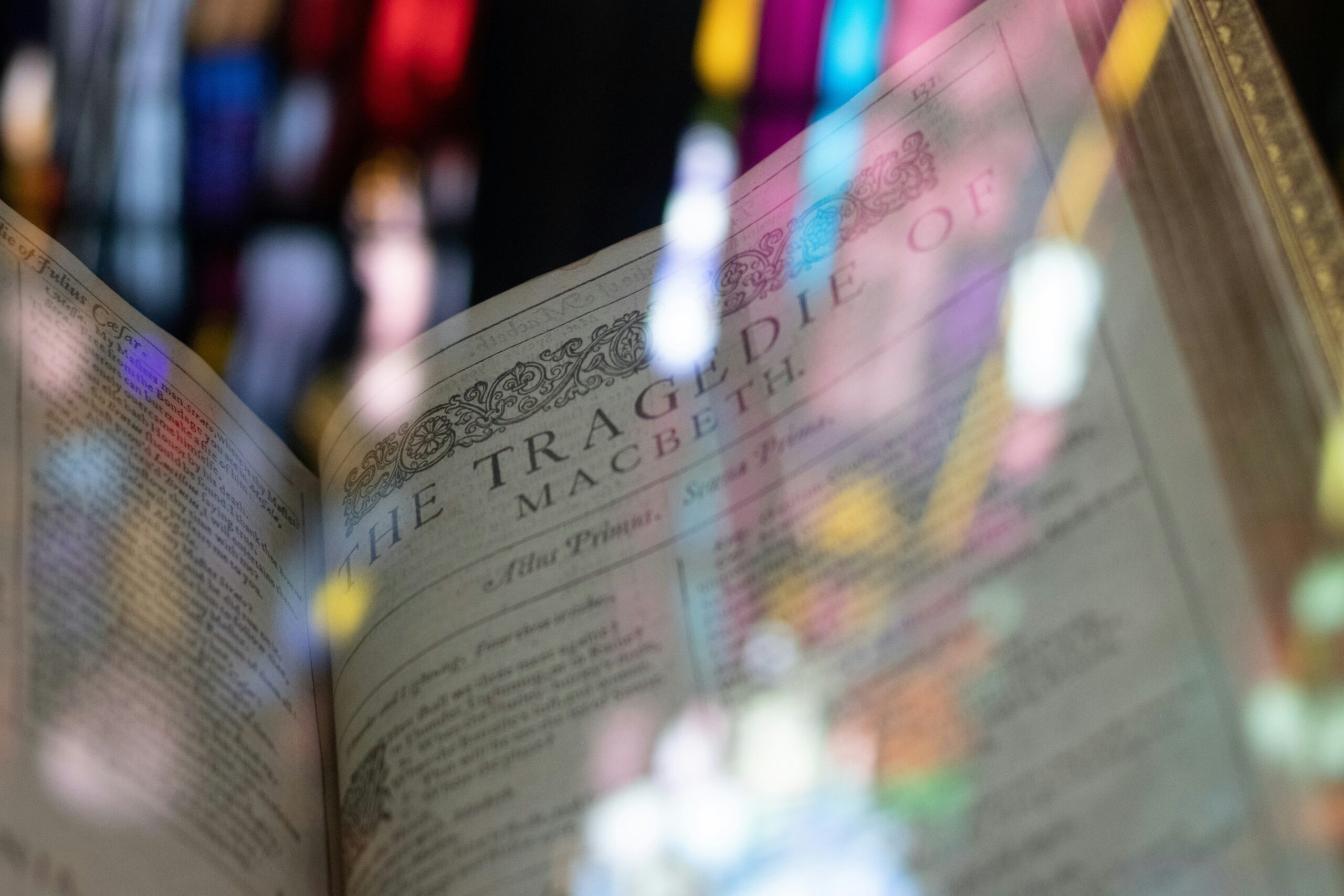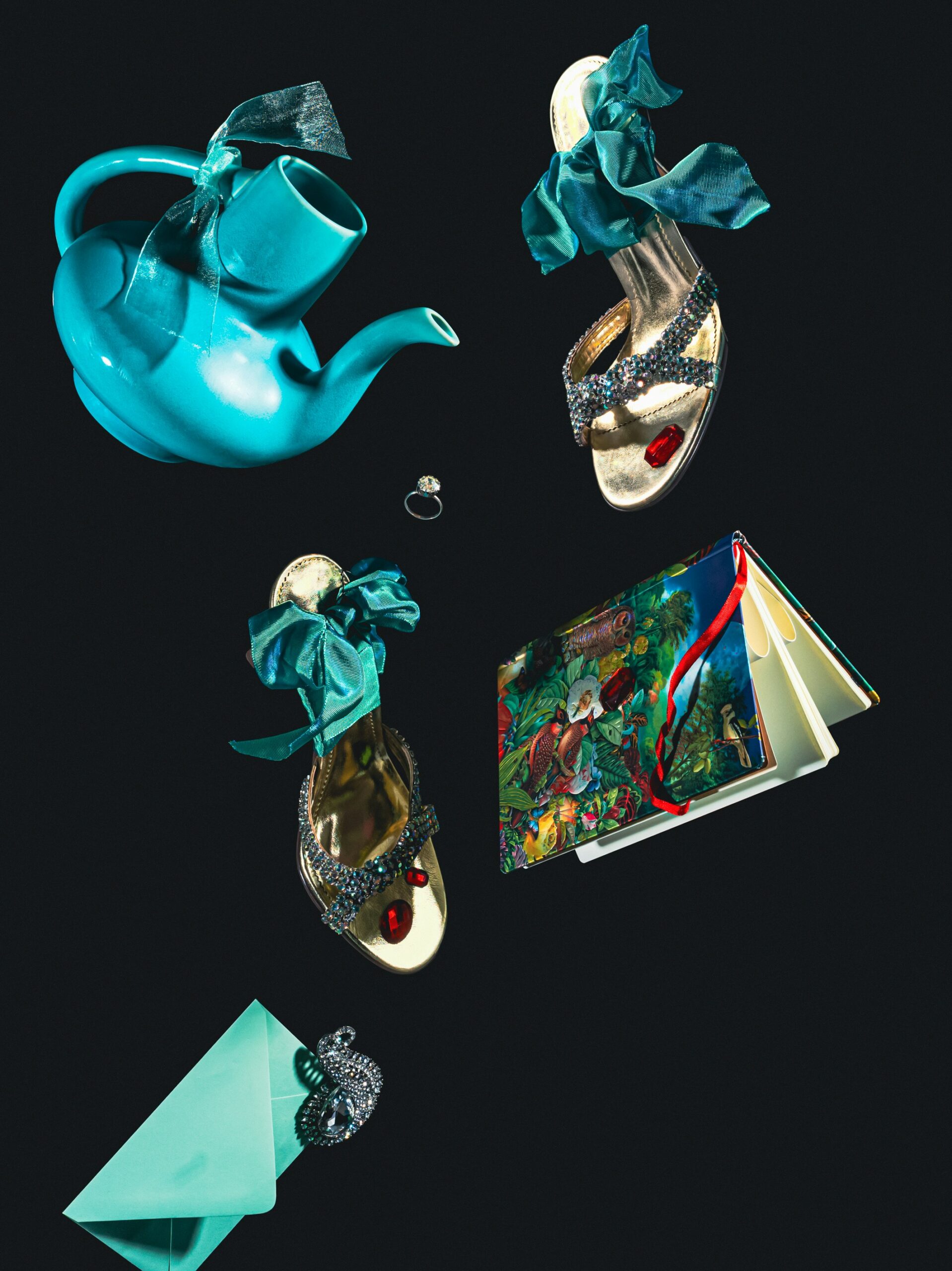Welcome to Part 4 of my continuing series on how The Life of a Showgirl held a mirror up to the internet. Check out Act I: Uniting a Fractured Fandom, Act II: Down the Rabbit Hole, and Act III: Choose Your Own Adventure.
One thing you may have heard about Swifties: they have a reputation for kindness. During the Eras Tour, Taylor’s fans were the embodiment of girlhood: dressing up, sharing friendship bracelets, and cosplaying both as Taylor and her lyrics (my favorite was the traffic lights from the line “I asked the traffic lights if it’ll be alright, they said ‘I don’t know’”).
However, you may be less familiar with the dark side of Swifties – they can be downright viscious when provoked. They will defend Taylor to their last breadth, even against each other. And no one is more critical of Taylor than Swifties. For TLOAS that criticism has been unrelenting: including accusations that she stole music from other artists, that she’s pushing a “trad wife” agenda, that her diss track is ‘too petty’, that her lyrics are “millennial cringe”, that she wrote the album with AI, and that her songs are too upbeat for the current political climate so can she just read the room already.
The outrage doesn’t end at the album. The release of TLOAS itself is on trial – which as I mentioned, so oversaturated the market that it bordered on parody. These criticisms seem a bit more warranted: isn’t five countdowns a little excessive? How many vinyls do we really need? Do I have to buy four CDs just to get all the acoustic recordings?
In fact, it seems like nearly every part of her fandom is up in arms about something related to TLOAS.
One hot spot in particular caught my attention. As I mentioned previously, the videos used in the alternate reality game seemingly used generative AI, likely Google’s own tools given that every other moment of the game used Google products. This became a focal point of discussion for fans, some of whom immediately leapt to the attack: how could she, an artist famous for losing ownership of her work, use a technology built on uncredited art? Other fans tried to defend her – insisting the videos were actually just lower-quality CG, commonly used in her promo videos. But after the first few videos unlocked, most agreed that these videos had all the hallmarks of AI: weirdly animated animals, garbled text, and shots that lasted less than 5 seconds.

Did Taylor know she was lighting a match to watch it blow? Or did she and her team underestimate how strongly her fanbase would feel about this technology? Notably, the videos were de-listed as soon as the event concluded – despite the fact that they contained dozens, if not hundreds, of easter eggs that Swifties expected to pour over in the coming days. In contrast, Taylor’s Midnights era promo videos can still be found on her channels. Was this an attempt to avoid drawing further criticism? Or a favor to fans to stop them from wasting time looking for easter eggs generated not by Taylor the person but by hollow AI prompts?
I’m not the only one who’s noticed the absolute fever pitch the fandom has worked themselves into. While I was writing this article, Pitchfork ran a similarly titled article (which also refers to ‘rabbit holes’ and ‘theory-crafting’), positing the theory that Taylor Swift intentionally creates this level of controversy to drive online discourse.
It’s certainly possible. Everyone has a take on TLOAS. Everyone has a theory or a critique or a defense. All of which results in content. So. Much. Content. You can hardly go online today without hearing a take (good, bad, or ridiculous) on something wrong with this album.
It’s not hard to imagine this could be by design. While Taylor hasn’t confirmed this theory, she has danced around it, saying she doesn’t mind if fans come up with less-than-positive takes about her this time around – because, in her words, “If it’s the first week of my album release and you are saying either my name or my album title, you’re helping”. After all, what drives engagement better than controversy? What drives algorithmic discovery better than two sides arguing?
It’s Actually Romantic.
Read on for Act V: All the World’s a Classroom.
Genevieve Conley Gambill is a researcher, strategist, and the creator of Tiny-Data.tech. She is also a Swiftie. Opinions here are my own and do not reflect my employers, past, present or future. This blog is made without the use of AI. Photo by Planet Volumes on Unsplash.



